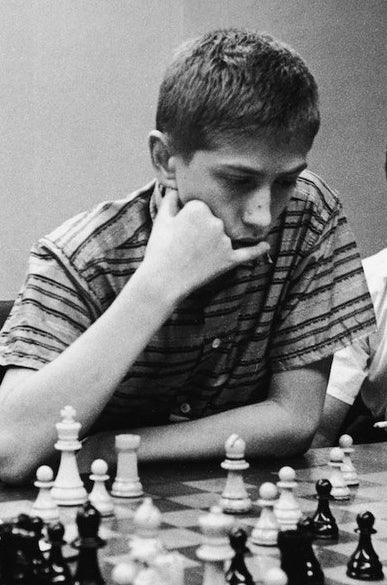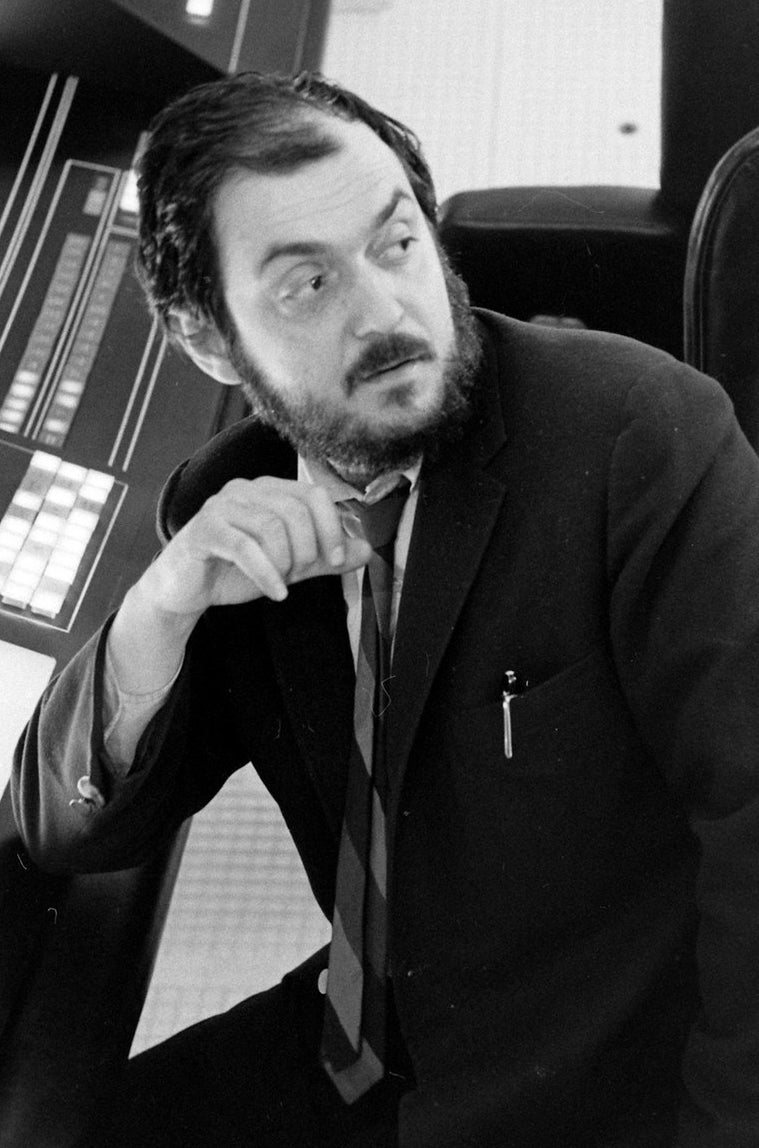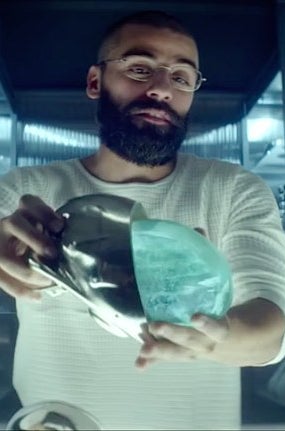
Ex Machina, the feature directorial debut of sci-fi writer Alex Garland (28 Days Later, Sunshine, Never Let Me Go, Dredd), follows a mid-level programmer named Caleb (Domhnall Gleeson) on his visit to the secluded mountain estate of the obscenely wealthy founder of the massive tech company where he works, Nathan (Oscar Isaac). Once he arrives, Caleb learns he's there to help test Nathan's latest technological innovation: a startling realistic artificially intelligent robot named Ava (Alicia Vikander).
But Nathan turns out to be as much of a unsettling enigma as his groundbreaking invention in the movie, which opens in limited release in the U.S. today.
The mystery starts with Garland's crucial creative decision to avoid making Nathan a socially awkward tech geek stereotype, à la HBO's Silicon Valley. When Caleb first arrives at Nathan's stunning mountain home, he sees Nathan in workout clothes, jabbing hard at a punching bag. "He carries clearly the sort of latent potential for violence," the filmmaker told BuzzFeed News after the movie's screening at the SXSW Film Festival. "Is it a deliberate intent that the first time he sees him he's punching a bag?"


Garland undercut the notion that Nathan is violent by peppering his dialogue with an almost constant bro/dude patter. "Although he's not based on the CEO of any tech companies, he does embody within him the tech companies themselves, from my point of view," he said. "I think what those tech companies do is they kind of go, 'Hey, dude. Hey, bro. We're all pals. We're bros, right? Can you give me all your fucking money? Bro, c'mon, bro. Can I have some of that privacy? Dude.'"
Nathan's familial language matched with his potential for hostility allowed Garland to keep Caleb, and the audience, from getting a firm purchase on what Nathan is really up to. "It's this combination of something which is sort of weirdly threatening and also incredibly familiar," said Garland. "And so that you're always off balance in terms of where you position yourself with it."
In formulating his approach to the character, Isaac chose to avoid any obvious connections between Nathan and his real-world counterparts. "I didn't look at the people in tech world at all," the actor said. "I mostly just focused on the script, because within the script, the ideas, you know, they're vast. You can just plunge into them infinitely. So there was endless things to kind of to try to get some sense of ownership over." To get a fuller grasp of the complex concepts in Ex Machina, for example, Isaac asked the director to send him videos of Noam Chomsky and Daniel Dennett talking about issues of language and consciousness.



Though they weren't figures in the tech world, Isaac did cite two other notable personalities as touchstones for developing his character. The first: the infamous chess grandmaster Bobby Fischer. "I read quite a bit about him and watched some videos about him," said Isaac. "All the games that were playing, where he would come late [to a match]. The chess was already being played from very early on. And I actually started playing a lot of chess. I'm a bad chess player, but [it was] just the feeling of constantly forcing your mind to try to think steps ahead."
The second: director Stanley Kubrick, whose thick beard and seemingly permanent glower became inspirations for Nathan's appearance. "I think of geniuses, I think Kubrick," said Isaac. "And he's a mystery. You see videos of him with his family, and of course he seems very sweet, but he looks like an owl with those eyes with the glasses underneath. And also I listened to him speak. That Bronx accent that he had — it was like a little singsongy because it's an old-school Bronx. I tried to incorporate a little bit of that into it."
With all of Nathan's seemingly contradictory attributes and actions, the irony, Garland said, is that if audiences pay close attention, Nathan's true intentions are actually hiding in plain sight. "He often sounds like he's being unreasonable. If you listen to what he's saying, he's actually just speaking the truth," he said. "The impression is he's lying the whole time because he's being manipulative, but within the manipulation, there's just these cold, harsh truths."
